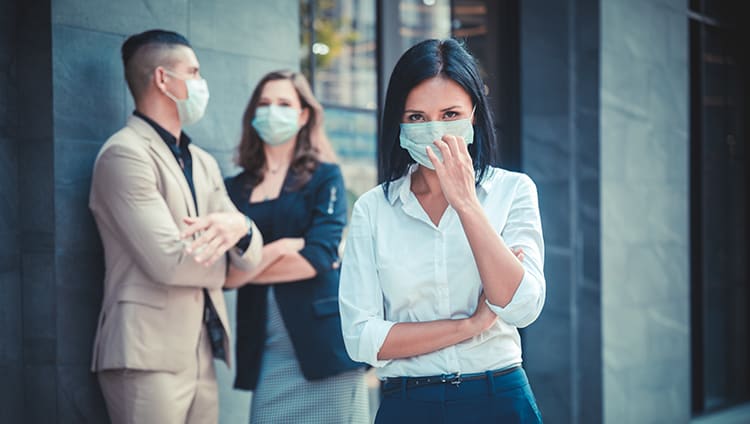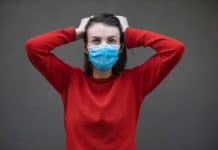
As the highly contagious Delta variant continues to spread across the globe, experts are cautioning event planners against loosening COVID precautions too early.
Following the U.S. Centers for Disease Control and Prevention’s (CDC) relaxing of restrictions for vaccinated individuals, and the downward trend of COVID-19 cases and hospitalizations since the rollout of the vaccines began, many have felt emboldened to return to pre-pandemic life and forego social distancing, face masks and other COVID precautions.
In early June, the Mana Wynwood Convention Center in Miami’s Wynwood district hosted upwards of 12,000 attendees for the Bitcoin 2021 event, one of the largest in-person events to take place since the pandemic began. No mask mandate was in place for the event, and no proof of vaccination was required to attend. Although part of the event was located outdoors, many attendees crowded into the indoors warehouse-style space and later attended off-site networking events and private after parties. Following the event, many attendees took to social media to say they had tested positive for COVID-19.
“While there is a great desire to return to the days of normalcy, the reality is that we are not there yet – especially with low vaccination rates, delta (and other) variants proliferating, and with the relaxing of masking/spacing guidelines in most states,” says Amanda Schleede, chief executive officer at Vital Circle, a company which provides symptom tracking, vaccine/testing verifications and wearable contact tracing devices for events. “All of these factors have leading experts agreeing, there is a continued need to be vigilant in mask wearing, social distancing, limiting exposure and using technology like Vital Circle, to keep people safe and stop the spread of COVID-19.”
Amid rising COVID-19 infections in Japan, the country has declared a state of emergency that will run until Aug. 22, and which will significantly impact the Summer Olympics, scheduled to take place between July 23 and Aug. 8. The Olympics organizers had already banned international spectators from attending the games, and had limited domestic crowds to 50 percent capacity, but following the new ruling by Japan, all spectators will now be banned from attending the Olympic Games.
The World Health Organization (WHO) announced in June that the delta variant is becoming the dominant variant of the disease worldwide, and has urged fully vaccinated people to continue to wear masks, practice social distancing and practice other COVID precautions in order to help prevent further community transmission.
“While vaccines are proven life-savers, we are now seeing daily reports of fully vaccinated individuals contracting COVID-19, which means COVID-19 is not going away anytime soon,” says Schleede. “The delta variant is even more contagious. Even if vaccinated, if you contract COVID-19, it can be transmissible to others. Will a booster help? Perhaps. But what’s more important is for in-person events, businesses, schools, and groups to be prepared: continue masking, social distancing, and protective protocols, and use technology like real-time proximity contact tracing, data and analytics to be empowered.”










